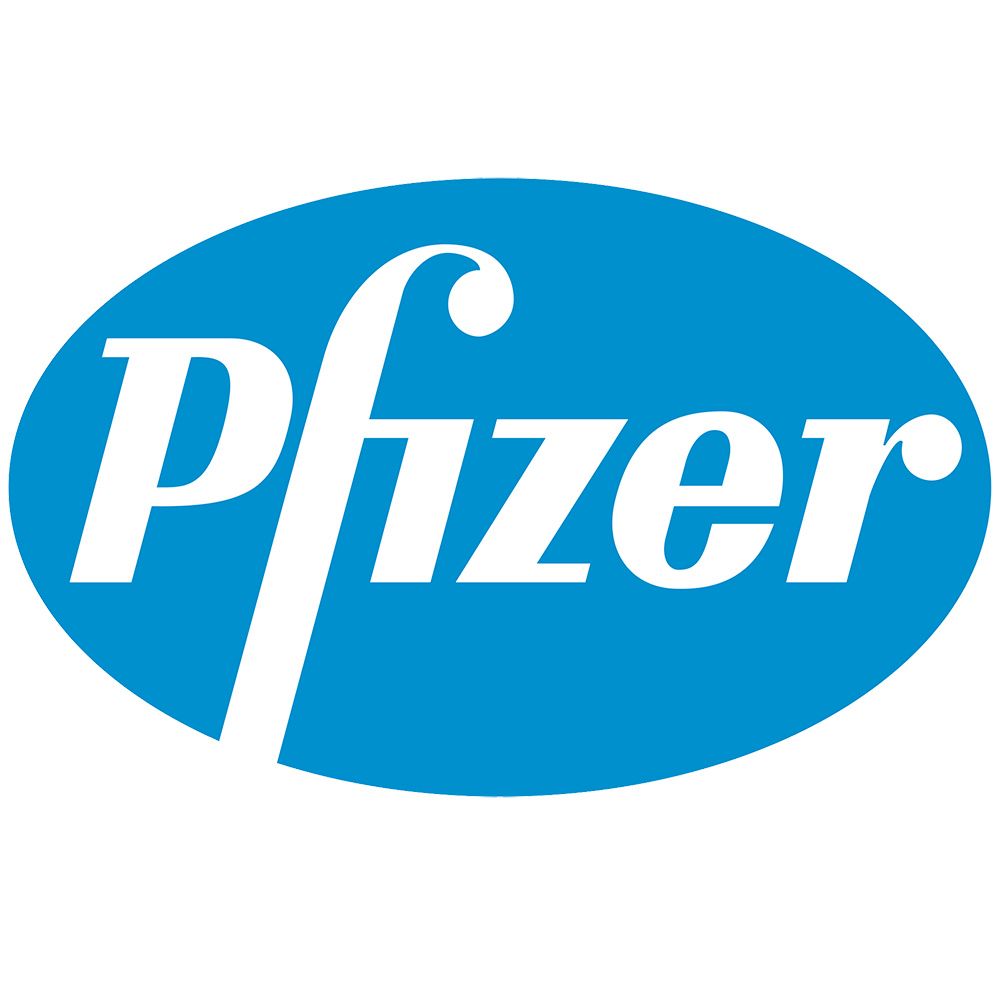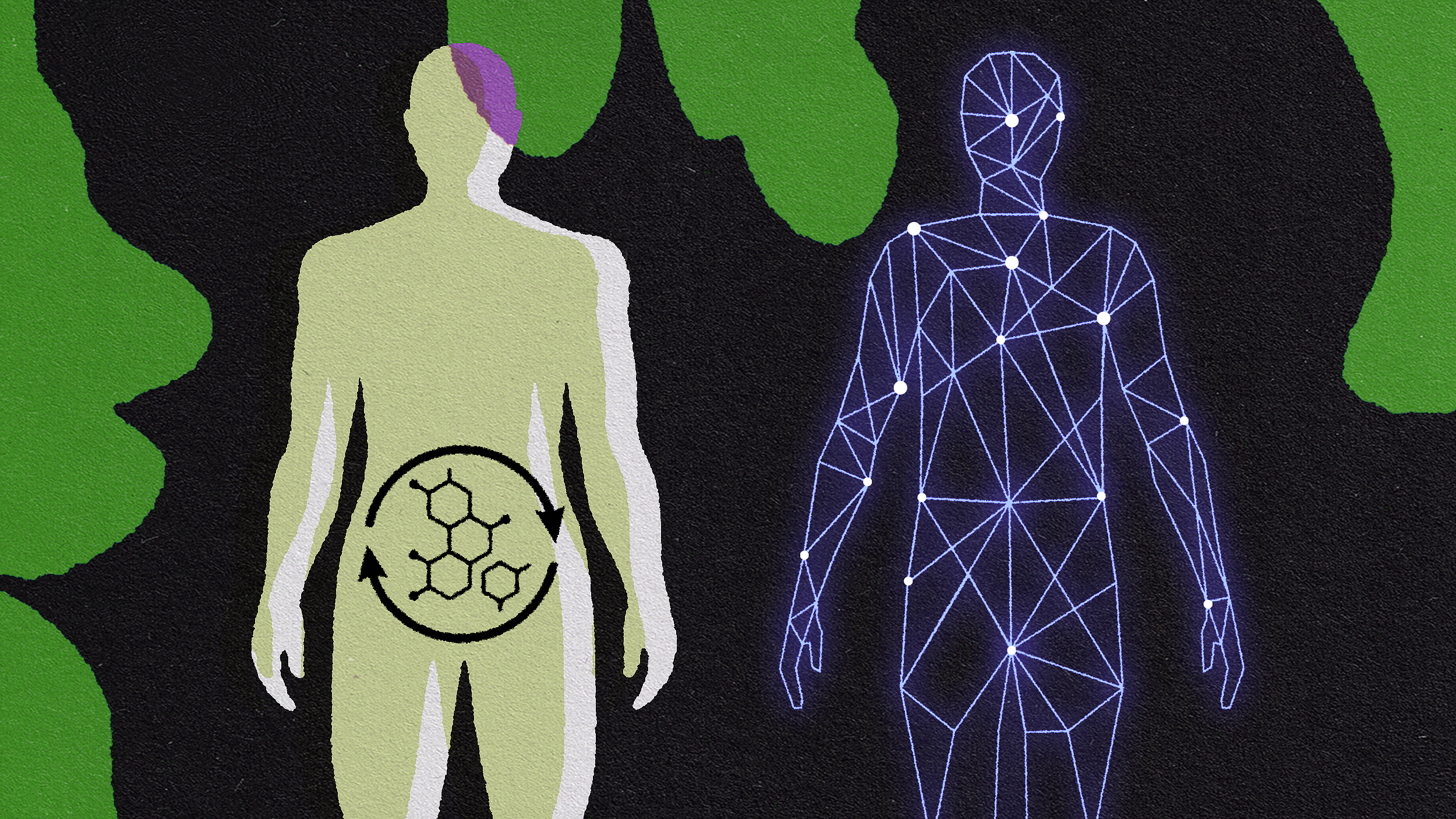Caroline Roan: We were proud to sign on to the UN Sustainable Development Goals.
For us goal number three is our north star: "Good health and wellbeing." Every day our scientists are working to discover, develop and bring to market medicines and vaccines that help people live longer and healthier lives. And for us goal number three allowed us to have a dialogue and an engagement with the United Nations and with governments globally to ensure that we're partnering with them to provide access to quality healthcare.
When we think about access to medicines we think about a comprehensive strategy that includes both donation and philanthropic support as well as creative commercial strategies designed to drive access to the most vulnerable and underserved populations globally.
So for Pfizer we have a number of initiatives that we're very proud of. One which I like to say is our oldie but goodie was launched in 1998. The International Trachoma Initiative was launched to address a blinding disease called trachoma. At the time it was launched, we had a product that treated active infection that causes this disease. And if the infection goes untreated over time people do go blind. And what we discovered was that our medicine could treat this infection, but our medicine was not sufficient: Alone that medicine would not do the work that needed to be done at a public health level.
For our work to address a blinding disease called trachoma we've used a public health strategy called SAFE. SAFE stands for surgery – S, for advanced cases of the disease. A – the distribution of the antibiotic that Pfizer makes to treat the active infection. F which is face washing and E which is environmental development. Together that comprehensive initiative working now with more than a hundred partners has achieved elimination of this disease in six countries. That's profound. And it's one of our greatest accomplishments as a company. It did not happen overnight. It has taken more than two decades to achieve that progress, but we have our eyes on the prize which is full elimination of this disease by the year 2020.
Another example where Pfizer is working to meet the evolving global health needs is in the area of oncology. We have chemotherapy agents that are very important for patients globally. And we worked with our partners, the American Cancer Society, the Clinton Health Access Initiative, and CIPLA to make 11 prioritized chemotherapy agents available in East Africa where there is a disproportionate burden of cancer. We're really proud of that initiative because we're taking some of our very important core essential medicines and making them available to reach more patients in areas of the world that several years ago did not have this need.
So the business case for corporate responsibility has been debated for years and there are different perspectives on this. I think for Pfizer and for the pharmaceutical companies we can't deliver our business unless we deliver for society.Keeping that patient that we serve front and center to how we make the decisions that the company takes every single day.
When we discover, develop and bring to market medicines and vaccines that help people live longer and healthier lives our communities are healthier, society is healthier, and we deliver both for our business and our shareholders, but also for society.







